The dawn of a new year gives all of us a chance to reflect on the year gone by and lessons we have learned. Here, five spine surgeons discuss the most important professional lessons they learned in 2014.
Ask Spine Surgeons is a weekly series of questions posed to spine surgeons around the country about clinical, business and policy issues affecting spine care. We invite all spine surgeon and specialist responses. Next week's question: What are some innovative initiatives implemented at your practice to improve staff engagement?
Please send responses to Anuja Vaidya at avaidya@beckershealthcare.com by Wednesday, Jan. 7, at 5 p.m. CST.
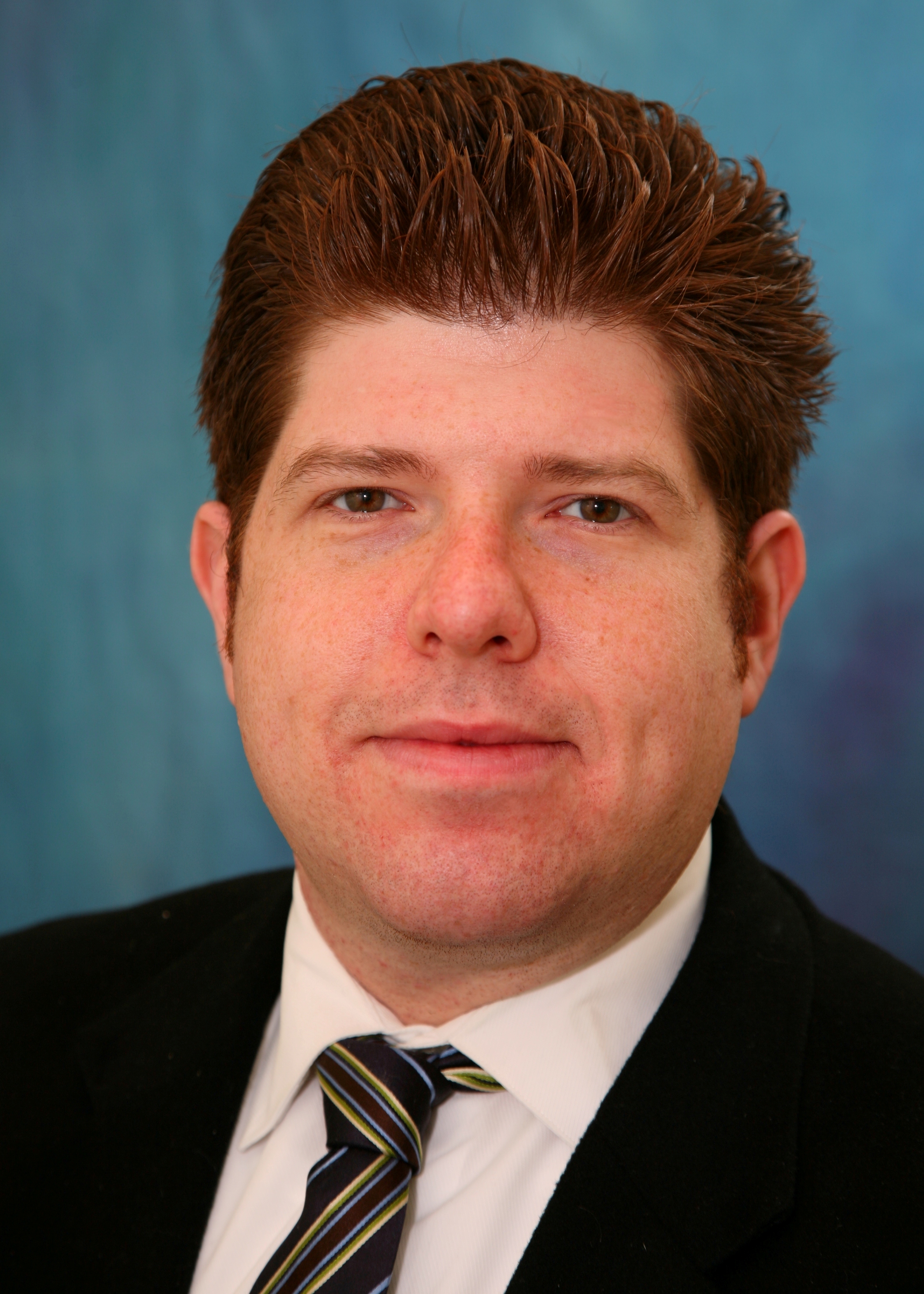
Question: What is the most important professional lesson you learned in 2014?
Brian R. Gantwerker, MD, The Craniospinal Center of Los Angeles: A key thing I learned is that there is a niche for high quality spine surgery that can exist on its own. Good outcomes, happy patients and satisfied referring doctors do not need "big box" names behind it. That being said, it is critical to acknowledge the potential help these partnerships can offer. In other words, keep it friendly and keep it professional when it comes to other practices and organizations.
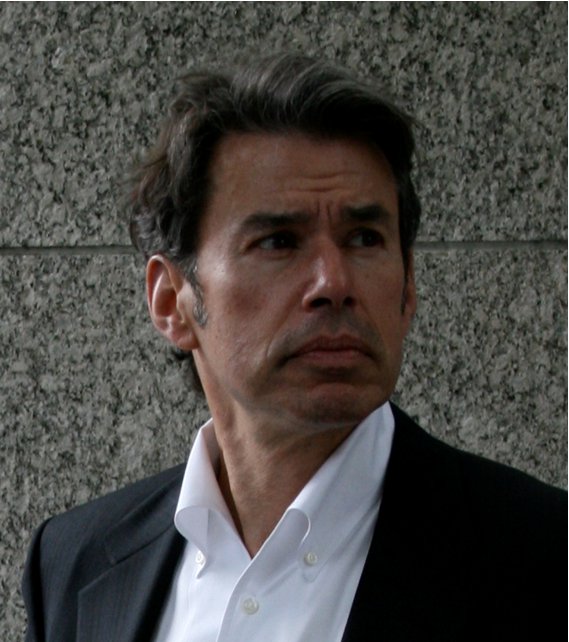 Richard Wohns, MD, Founder & President, NeoSpine, Puyallup, Wash.: What I learned in 2014 is that, in my personal experience, I always trust my instincts. For example, I started performing outpatient spine surgery 20 years ago and my instincts were to stick with the course.
Richard Wohns, MD, Founder & President, NeoSpine, Puyallup, Wash.: What I learned in 2014 is that, in my personal experience, I always trust my instincts. For example, I started performing outpatient spine surgery 20 years ago and my instincts were to stick with the course.
Also, in today's world most physicians wanted to be employed. However, I have maintained a private practice. We have a reputable group practice with good outcomes and cost containment. We are getting busier and busier, and have maintained our independence.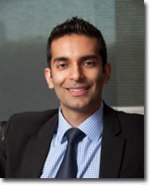
Kern Singh, MD, Co-Director, Minimally Invasive Spine Institute, Rush University Medical Center, Chicago: Life is short. Losing family members during 2014 was a challenge. It forces you to place perspective on your professional life. Balancing work, family and personal happiness is a simple concept that we as surgeons do poorly. Life is short and can change on you at a moments notice. We as surgeons sometimes need to be told to "stop and smell the roses." Never was that more clear for me than in 2014.
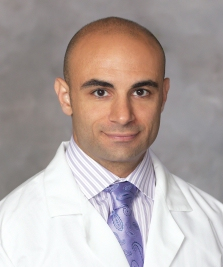 Hooman Melamed, MD, Spine Surgeon, DISC Sports & Spine Center (Marina Del Rey, Calif.): No matter how long [you have been] in practice and how many surgeries you have performed, always try to be humble, keep learning and improve on your techniques.
Hooman Melamed, MD, Spine Surgeon, DISC Sports & Spine Center (Marina Del Rey, Calif.): No matter how long [you have been] in practice and how many surgeries you have performed, always try to be humble, keep learning and improve on your techniques.
Gowriharan "Ty" Thaiyananthan, Founder of BASIC, Newport Beach, Calif.: I learned that it takes an 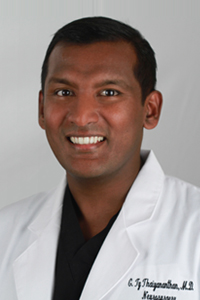 enormous amount of dedication, persistence and a thick skin to realize a vision in healthcare. One person is not an army and that making a vision a reality — especially if it challenges existing dogma — takes a team of like-minded individuals. Ultimately, if the vision is grounded on substance it can be nurtured into something that begins to change the paradigm of how things are done.
enormous amount of dedication, persistence and a thick skin to realize a vision in healthcare. One person is not an army and that making a vision a reality — especially if it challenges existing dogma — takes a team of like-minded individuals. Ultimately, if the vision is grounded on substance it can be nurtured into something that begins to change the paradigm of how things are done.
More articles on spine:
10 spine, neurosurgeons in the headlines — Jan. 2
Dr. Mark Chang performs Indiana's 1st Kiva spinal procedure — 5 quick facts
5 points on how delayed cervical palsy impacts spine episode of care

